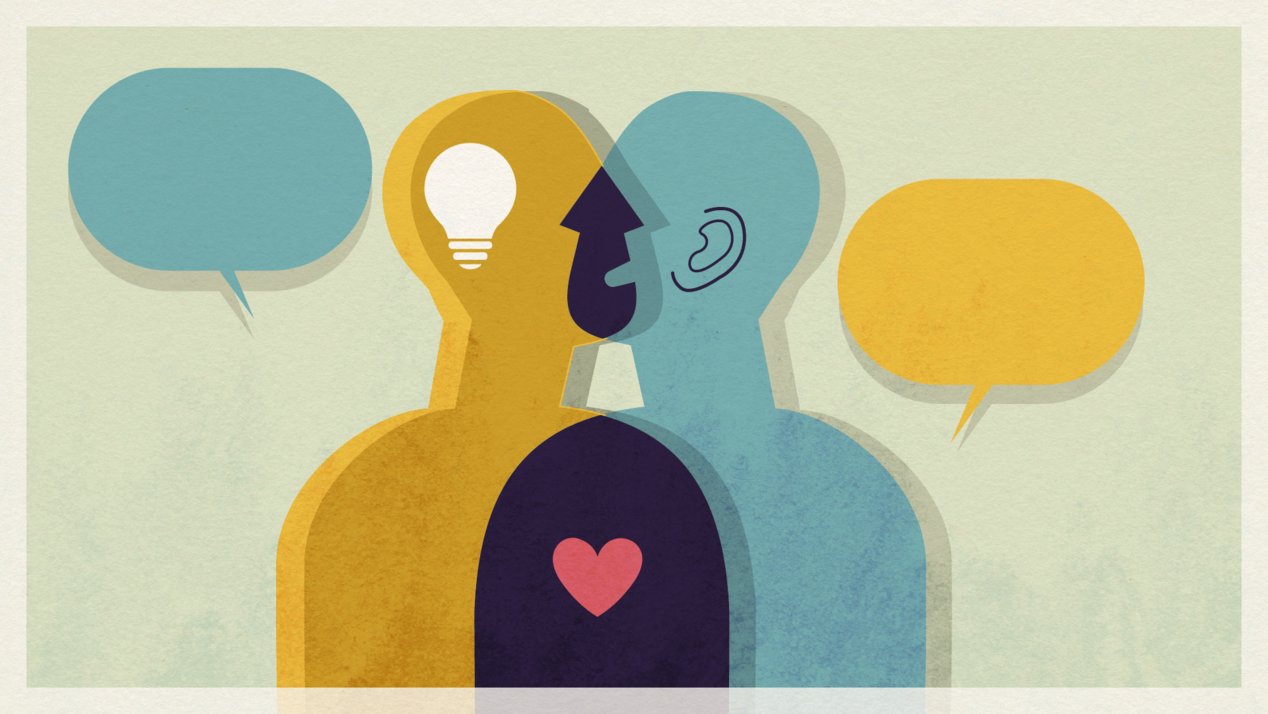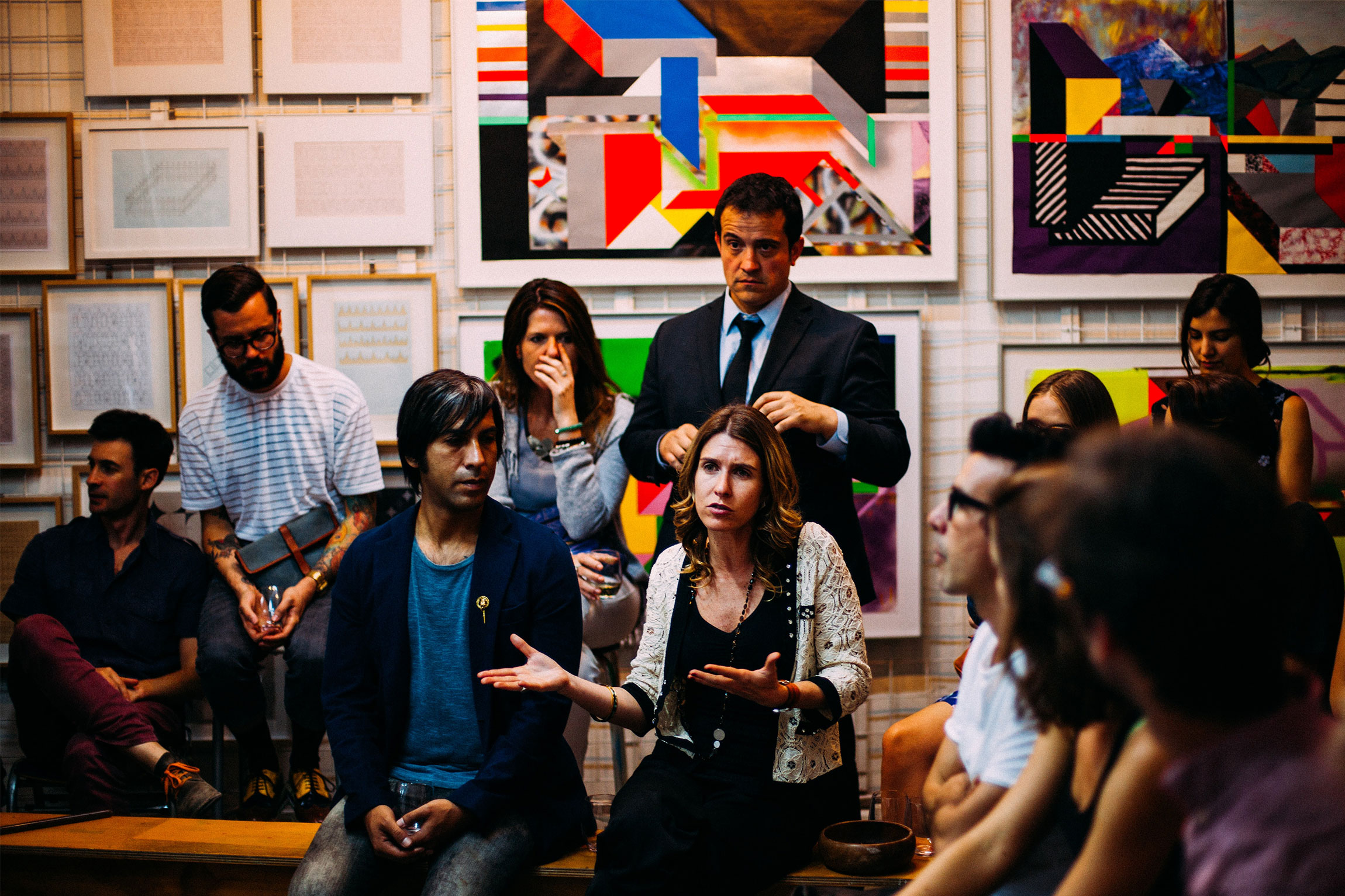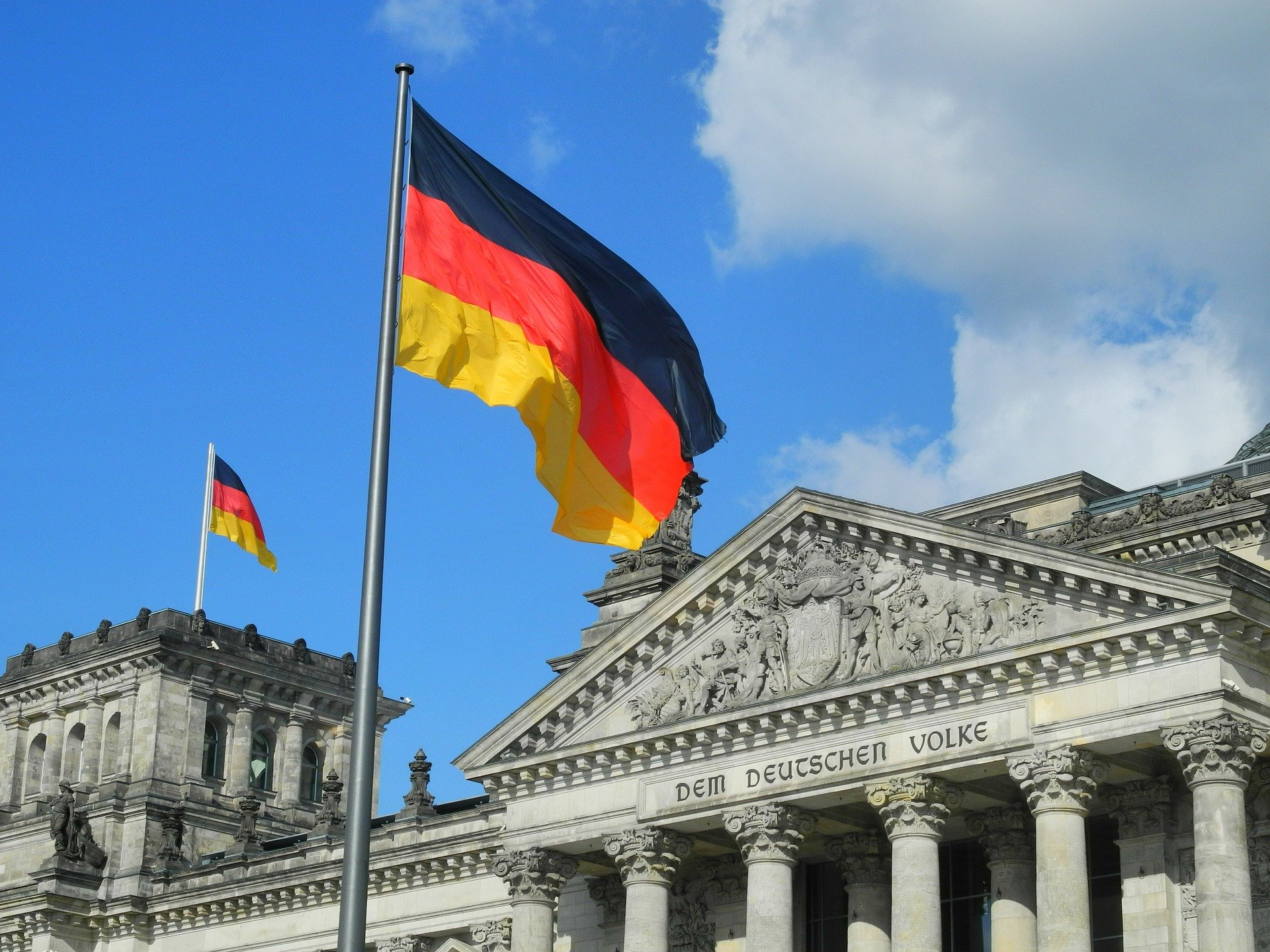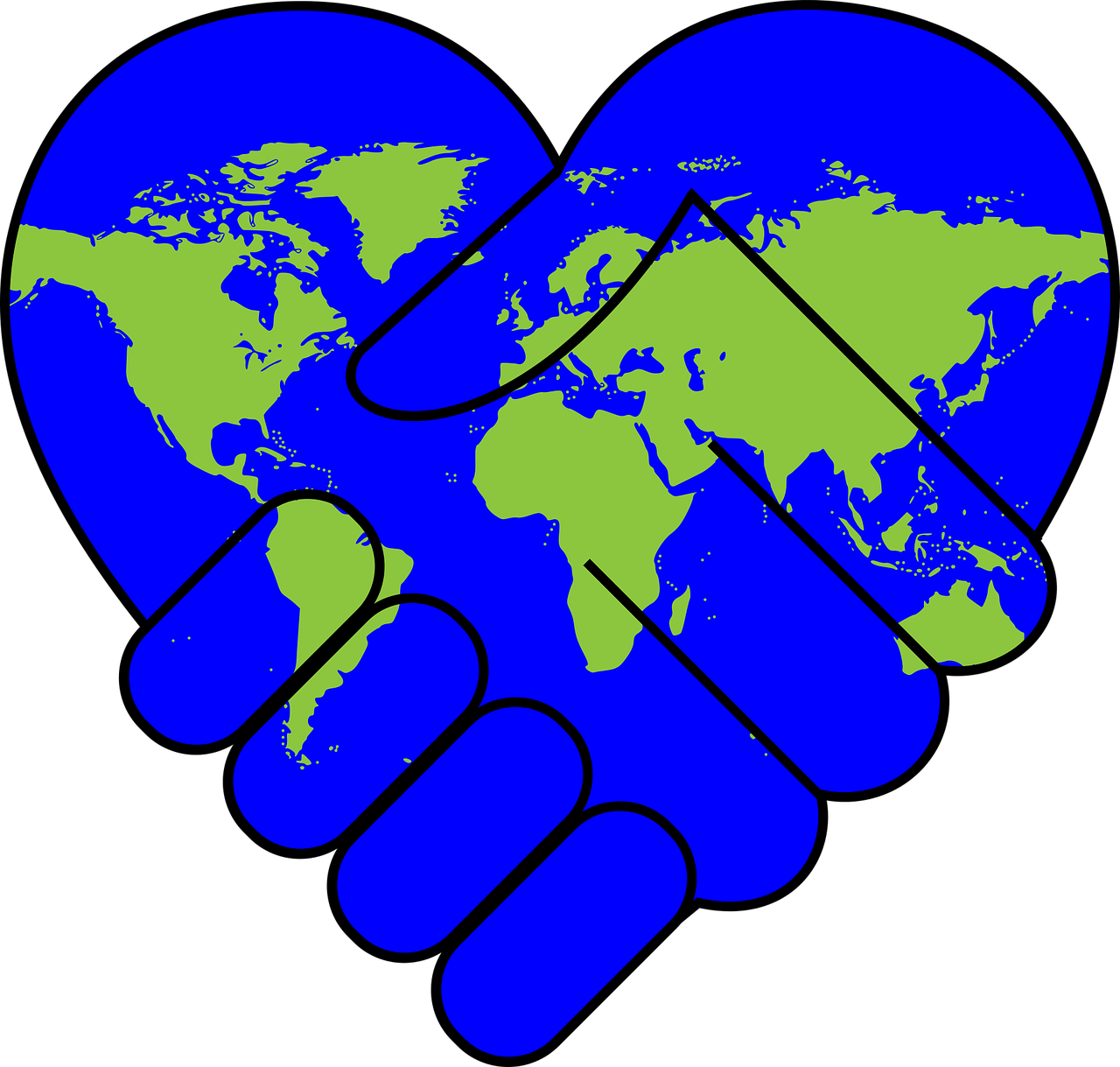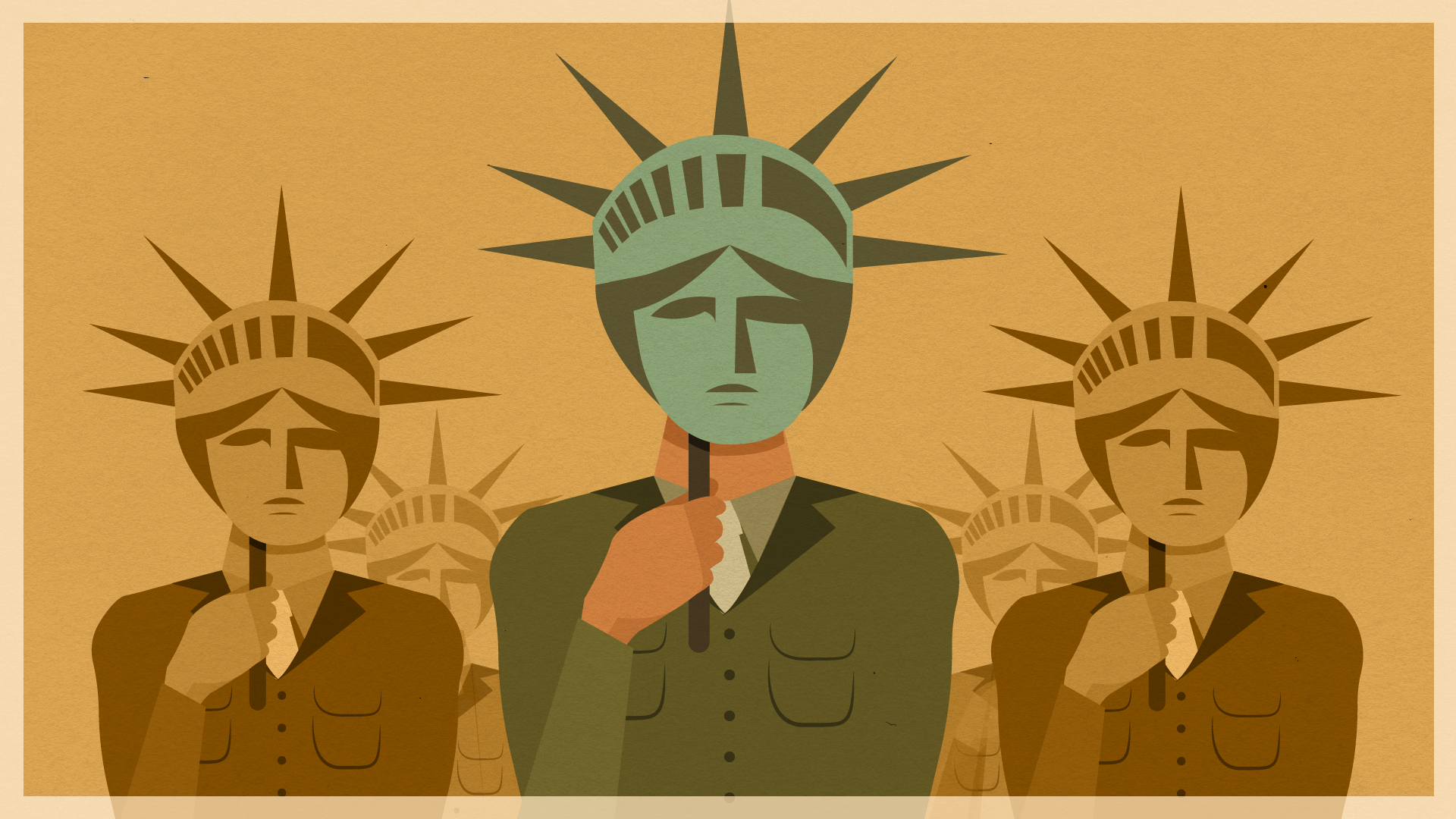Trust Reduces Complexity
Under the current conditions, the foreign policy of societies presents itself as a hurdle race that is attracting ever fewer competitors. Many civil society organisations from the Global South are reaching out to other international players, such as Sweden and Switzerland, which take a more empathetic approach to funding. It is a strategy that, once again, has to do with humility: they work together to set the aims of a project, but the ways and means of working towards and achieving these goals are decided by the local actors. Their core competence lies in how to deal with complexity in their country.
Distrust breeds ‘controlitis’. The desire for (public) funds to be used transparently and effectively is shared by most civil society actors. On the other hand, I do not understand the increasingly rampant control mechanisms, which seem to be based on a fundamental lack of trust. They just lead to more time being spent on accounting and financial and factual reports rather than on working with people, on the peace process, on development.
It takes a willingness on both sides to build bridges and communicate. Those who want to do this will find a way, those who don’t will find their reasons.
Trust reduces complexity. What might a trust-based ‘foreign policy of societies’ look like? I propose a very simple basis for this: talk to each other! This is also a recipe for success for many peace processes: talking to people in different camps, talking about ourselves and our experiences, values and attitudes, and listening to others with an open heart. This brings people closer. Civil servants and civil society actors may not belong to hostile groups, but they certainly live in very different cultures. The former live in the Global North, in financial security, working in official and bureaucratic structures, often moving between Berlin and foreign embassies. All of this prevents them being truly touched by the issues, the people and their concerns. The latter work in the Global South, in precarious financial circumstances, driven by a heartfelt desire to improve their country and the lives of its people. Two worlds that could not be more different.
It takes a willingness on both sides to build bridges and communicate. Those who want to do this will find a way, those who don’t will find their reasons. Ways of doing this could involve well-moderated, regular dialogues with the main aim of treating each other with greater empathy. I believe that the images of ‘the enemy’ held by both sides would soon melt away in real dialogue.
A study by psychologist Emily Kubin of the University of Koblenz-Landau shows that sharing personal experiences can be one of the best ways of bridging social divides. Understanding the other person better does not automatically mean approving of his or her attitudes and arguments – but it makes it easier to understand why they think and act as they do.


